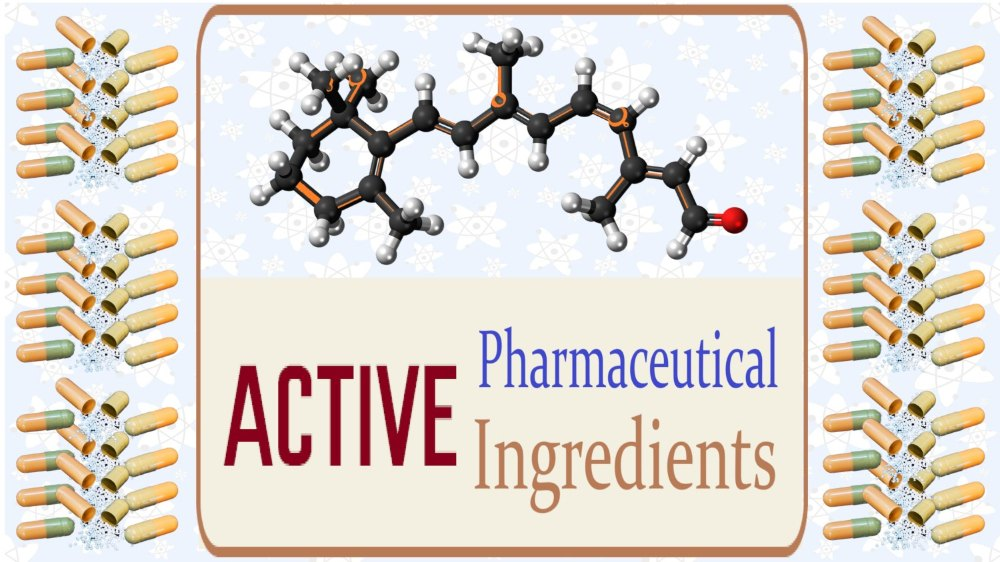Time: Popularity:0times
Active Pharmaceutical Ingredients (APIs) are the biologically active components in medications responsible for their therapeutic effects. They form the core of pharmaceutical formulations, working alongside excipients to ensure proper drug delivery, stability, and efficacy. This article explores the key aspects of APIs, including their classification, manufacturing, and regulatory requirements, while emphasizing their critical role in modern medicine.

APIs are the chemical substances that produce the intended health benefits in medications. They are combined with inactive ingredients (excipients) to form the final dosage form, such as tablets, capsules, or injections.
| Type | Description | Example Medications |
|---|---|---|
| Synthetic APIs | Chemically manufactured in labs | Aspirin, Paracetamol |
| Biologic APIs | Derived from living organisms | Insulin, Monoclonal antibodies |
| Semi-synthetic APIs | Modified natural compounds | Penicillin derivatives |
| Natural APIs | Extracted from plants or minerals | Morphine, Digoxin |
APIs are crucial in determining a drug's safety, efficacy, and dosage requirements.
The production of APIs involves multiple stages, from synthesis to purification, ensuring high-quality standards. Regulatory agencies like the FDA and EMA enforce strict guidelines to maintain purity, potency, and consistency.
| Stage | Description | Importance |
|---|---|---|
| Chemical Synthesis | Creation of the active compound | Determines API structure |
| Purification | Removal of impurities | Ensures safety and efficacy |
| Quality Control | Testing for compliance with standards | Guarantees batch consistency |
| Formulation | Combining with excipients | Enhances drug delivery |
Maintaining high-quality APIs is essential to avoid contamination and ensure therapeutic effectiveness.
APIs must meet stringent regulatory standards before approval. Factors such as stability, bioavailability, and toxicity are rigorously evaluated.
| Aspect | Requirement | Regulatory Body |
|---|---|---|
| Purity Standards | ≥98% purity for most APIs | FDA, EMA, WHO |
| Good Manufacturing Practices (GMP) | Ensures quality production | International regulatory agencies |
| Stability Testing | Assess shelf-life under various conditions | Required for market approval |
| Pharmacopeial Standards | Compliance with USP, EP, or JP | Ensures global acceptability |
APIs play a pivotal role in drug development, and their quality directly impacts patient outcomes.
APIs are the backbone of pharmaceutical products, determining their effectiveness and safety. From synthetic to biologic APIs, their manufacturing and regulation ensure that medications meet global health standards. Understanding APIs helps in appreciating how drugs work and why quality control is paramount in the pharmaceutical industry.
APIs are the primary therapeutic agents in medications.
Manufacturing APIs requires strict adherence to GMP and regulatory guidelines.
Different types of APIs serve various medical needs, from small-molecule drugs to biologics.
By maintaining high-quality API production, the pharmaceutical industry continues to deliver safe and effective treatments worldwide.
Company Phone
+86-21-6420 0566
Working hours
Monday to Friday
Mobile phone:
13816217984
Email:
info@qinsun-lab.com
